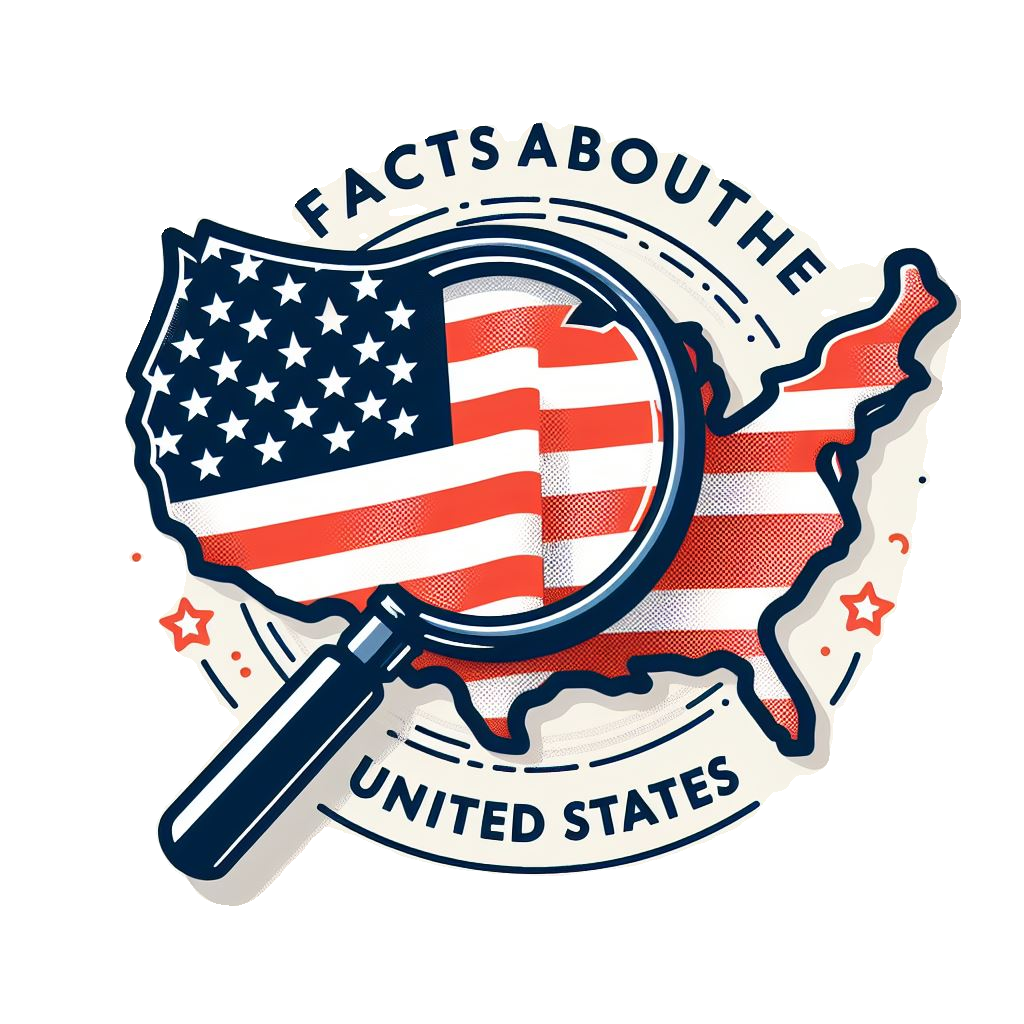William Henry Harrison: A President of Firsts
William Henry Harrison, though often remembered for his infamously short presidency, was a man of many accomplishments and a significant figure in early American history. He was the last American president born as a British subject, the oldest president at the time of inauguration (until Ronald Reagan), and unfortunately, the first to die in office. His story is one of military leadership, political ambition, and a life cut tragically short.
From Virginia Roots to the Western Frontier
Harrison was born into a prominent Virginia family in 1773. His father, Benjamin Harrison V, was a signer of the Declaration of Independence. Young William initially studied medicine but abandoned this path to join the army in 1791. He was sent to the Northwest Territory, a region gripped by conflict between Native American tribes and encroaching American settlers.
Harrison quickly rose through the ranks, displaying bravery and tactical skill. He served under General “Mad Anthony” Wayne, playing a significant role in the Battle of Fallen Timbers, a victory that significantly opened the Ohio region to settlement.
Governor and Politician
After leaving military service, Harrison turned his attention to politics. He was appointed Secretary of the Northwest Territory and later became its first congressional delegate. In 1800, President John Adams appointed Harrison governor of the newly formed Indiana Territory, a vast region spanning much of the modern Midwest.
As governor, Harrison’s primary focus was obtaining Native American land for white settlers. This pursuit was often marked by controversial treaties and tensions, sometimes leading to violence. His most famous encounter was with the Shawnee leader Tecumseh, whom Harrison defeated at the Battle of Tippecanoe in 1811, further cementing his reputation as a military hero.
A War Hero President
Harrison’s frontier exploits made him a national figure. During the War of 1812, he re-entered military service and led forces to victories against British-allied Native American tribes, further enhancing his legacy. Following the war, he served in both the U.S. House of Representatives and the Senate.
Harrison’s fame as a war hero propelled him to the presidency in 1840. He campaigned as a man of the common people, adopting the “log cabin and hard cider” image to portray himself as a rugged frontiersman. His victory was decisive.
An Untimely End
Harrison, then the oldest person to be inaugurated as president at 68 years old, famously delivered a nearly two-hour inaugural address in cold, rainy weather without a coat. Sadly, his determination to appear vigorous would be his undoing. He contracted pneumonia and died just 31 days after taking office.
William Henry Harrison was a complex figure who lived during a time of great change for the young United States. His ambition, bravery, victories, and controversies paint a picture of a consequential life, reminding us of the tumultuous events that shaped America in its early years.
